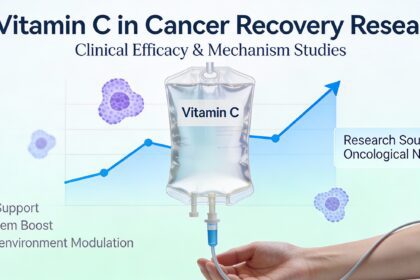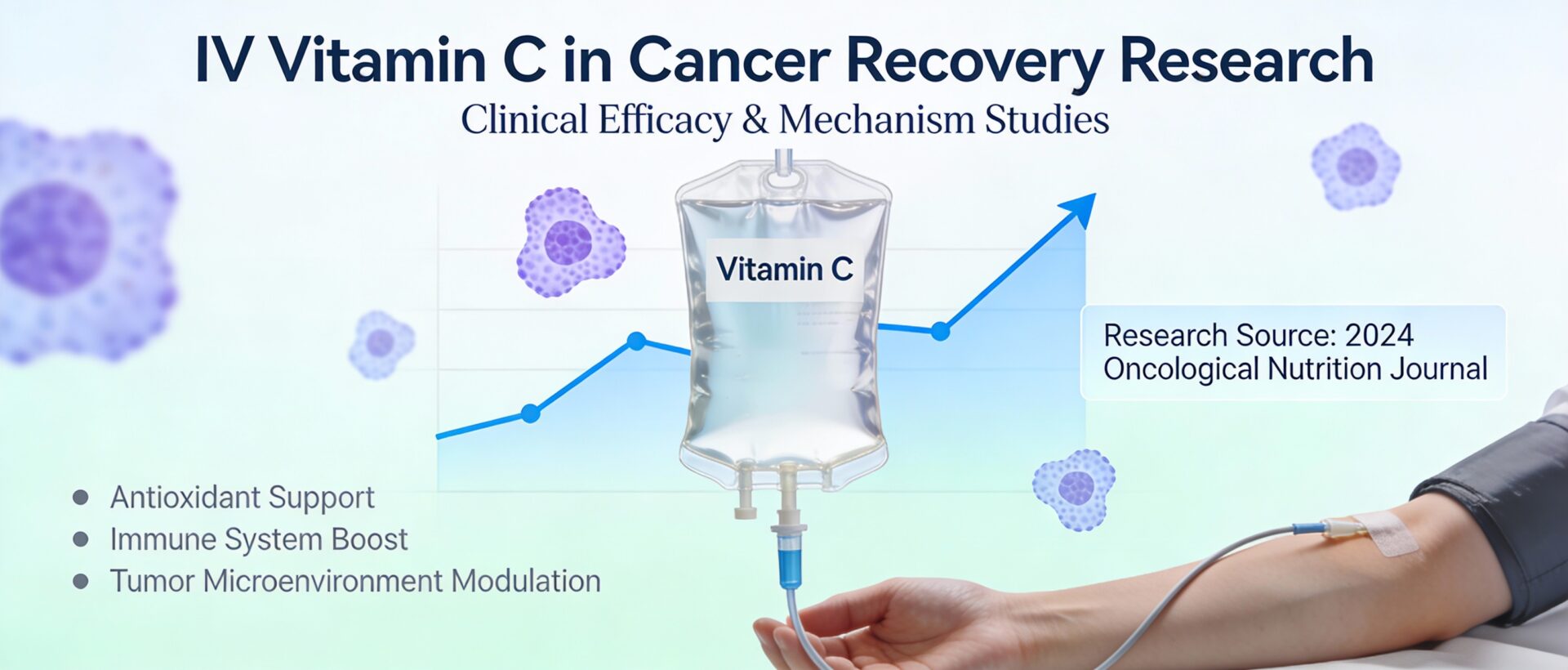There’s a lot to think about when starting TRT treatment. It’s important to do everything you can to ensure your treatment goes as smoothly as possible. This means making sure you’re living a healthy lifestyle (eating good and exercising), getting enough sleep, and monitoring your progress. One question you may have is whether or not you could take testosterone boosters in order to maximize your TRT treatment. While this sounds like a good idea, let’s dive into whether it is actually recommended or not. Let’s go over the answer.
Top Article Tips
Is It Ok To Take a Testosterone Booster While On Testosterone Replacement Therapy?
If you get cleared to take TRT, there’s no reason to take testosterone boosters. TRT alongside a healthy diet is good enough as it is. Here are some other reasons why you shouldn’t pair the two.
- Most testosterone boosters are not proven to actually work.
- TRT is meant to get your test levels to healthy levels, not levels that are too high.
- Test boosters may interfere with the results of your TRT.
- A lot of testosterone boosters aren’t approved by the FDA, which makes them questionable to take.
- The cost of adding testosterone boosters is a high one for something that probably won’t work and isn’t a good fit alongside TRT.
Don’t take our word for it. It’s important to let your healthcare provider know before you start any new supplements, especially while undergoing hormone treatment like TRT. Check with them first to ensure adding something like a testosterone booster won’t undermine your existing treatment protocol and progress. The experts tailor your TRT regimen to get your levels just right, so it’s best not to complicate things.
Natural Methods That Could Help Alongside TRT
Although testosterone boosters aren’t a good idea to go alongside TRT, there are some solid things you could do alongside to help with your treatment.
Exercise
Make sure you do regular physical activity. The best types of physical activity for healthy testosterone levels are HIIT workouts and resistance training.
Although those are the best types, it’s important to note that any form of exercise you choose has the ability to help you achieve healthy testosterone levels.
This is especially important if you have a lot of excess weight.
A Healthy Balanced Diet
The number one thing you should consider when it comes to your diet is limiting refined, simple carbs.
You want to make sure you are eating a balanced diet of proteins, healthy fats, and complex carbs.
When you undergo TRT treatment, you tend to gain muscle and a balanced diet will help you maintain this muscle growth effectively. A diet rich in lean proteins, such as chicken, fish, and plant-based options like beans and lentils, supports muscle repair and growth.
Healthy fats, found in avocados, nuts, and olive oil, are essential for hormone production and overall health. Complex carbohydrates, like whole grains, fruits, and vegetables, provide the necessary energy and fiber to fuel your workouts and aid in digestion.
This balanced approach not only complements your TRT treatment but also promotes overall health.
Not only is it important to keep a balanced diet, but you want to stay away from foods that could possibly lower your testosterone. These include.
- Processed foods high in trans fats and unhealthy additives.
- Excessive alcohol, which can disrupt hormone balance.
- Soy products in large quantities, as they contain phytoestrogens.
- High-sugar snacks and beverages, which can lead to weight gain and hormonal imbalances.
- Dairy products with high levels of synthetic hormones.
- Fried and fast foods, which often contain unhealthy fats.
- Caffeine in excess, as it can affect sleep quality and stress levels.
- Mint, particularly spearmint and peppermint, in large quantities.
- Refined grains, which lack the nutrients found in whole grains.
- Artificial sweeteners, which may impact hormone levels and metabolism.
Get Good Sleep
I think no matter what topic you’re talking about in regards to your health, sleep always comes up as an important factor. This holds true with testosterone as well. There was a study that showed men who slept less than 5 hours a night for one week had their test levels go down 10 to 15 percent on average. If you have some trouble getting to sleep, try these things:
- Get off of your phone before bed.
- Establish a regular sleep schedule.
- Create a restful environment in your bedroom.
- Limit caffeine and alcohol intake in the evening.
- Practice relaxation techniques like meditation or deep breathing.
- Avoid heavy meals before bedtime.
- Engage in regular physical activity, but not too close to bedtime.
- Keep naps short and early in the afternoon.
- Ensure your mattress and pillows are comfortable.
- Consider a bedtime routine to signal your body it’s time to sleep.
Stress Management
Chronic stress, whether it’s from your work, your relationships, or whatever else could also affect your testosterone levels. Stress can lower testosterone because of the hormonal response your body has when faced with stress.
The key is producing too much cortisol. This is because Cortisol and testosterone have an inverse relationship within your body. This means that when your cortisol levels go up, your testosterone levels tend to go down.
Just like sleep, you need to take action when it comes to lowering stress. Here are a few things you could do.
Stress Management Techniques
- Exercise on a regular basis to reduce stress hormones and boost mood.
- Practice mindfulness and meditation to calm the mind and reduce cortisol levels.
- Engage in deep breathing exercises to promote relaxation and reduce stress.
- Prioritize and manage time effectively to avoid feeling overwhelmed.
- Establish healthy boundaries in personal and professional relationships.
- Seek social support from friends, family, or support groups.
- Take up hobbies or activities that you enjoy and find relaxing.
- Ensure adequate sleep to help manage stress and balance hormone levels.
- Consider professional counseling or therapy for chronic stress management.
- Practice positive self-talk and focus on gratitude to shift your mindset. Being negative all the time could add to stress.
Everyone has stress in life, however, there is a big difference between regular stress and chronic stress. It’s important to not let your stress get to that level due to the fact that when they do you begin to have unhealthy habits to cope with it. People with constant chronic stress tend to drink too much, smoke, overeat, or engage in other harmful behaviors as a way to cope. These habits not only worsen stress over time but can also lead to serious health issues, including a further decrease in testosterone levels.
Limit Alcohol
Drinking too much can also lower your testosterone because of the fact that alcohol consumption can disrupt the normal functioning of the endocrine system. Alcohol affects the liver’s ability to regulate hormones, including testosterone.
Chronic alcohol consumption can also lead to increased production of cortisol, a stress hormone, which, as mentioned earlier, has an inverse relationship with testosterone.
As we mentioned above, it’s important to discuss everything with a doctor. So even if you plan to make simple lifestyle changes during your TRT treatment, make sure you check with them.
Maximizing Your TRT Success: The Balance of Treatment and Lifestyle
In conclusion, testosterone replacement therapy (TRT) is meant to restore testosterone levels to a healthy, optimal range. There is no need to take additional testosterone boosters while on TRT treatment, as they are unlikely to provide added benefit and may interfere with your prescribed regimen.
Instead, focus on living an overall healthy lifestyle – getting regular exercise, eating a nutritious diet, getting enough sleep, and managing stress. These natural methods complement TRT to help sustain testosterone at therapeutic levels. Be sure to consult your healthcare provider before making any major changes while undergoing hormone therapy.
The goal of TRT is not to spike testosterone to artificially high levels but rather to reach a middle ground where your body is functioning at its best. Trust your medical team to design the appropriate treatment plan and follow their recommendations to achieve the full benefits. With some discipline about your lifestyle choices, TRT can successfully help restore your vitality and energy.
























